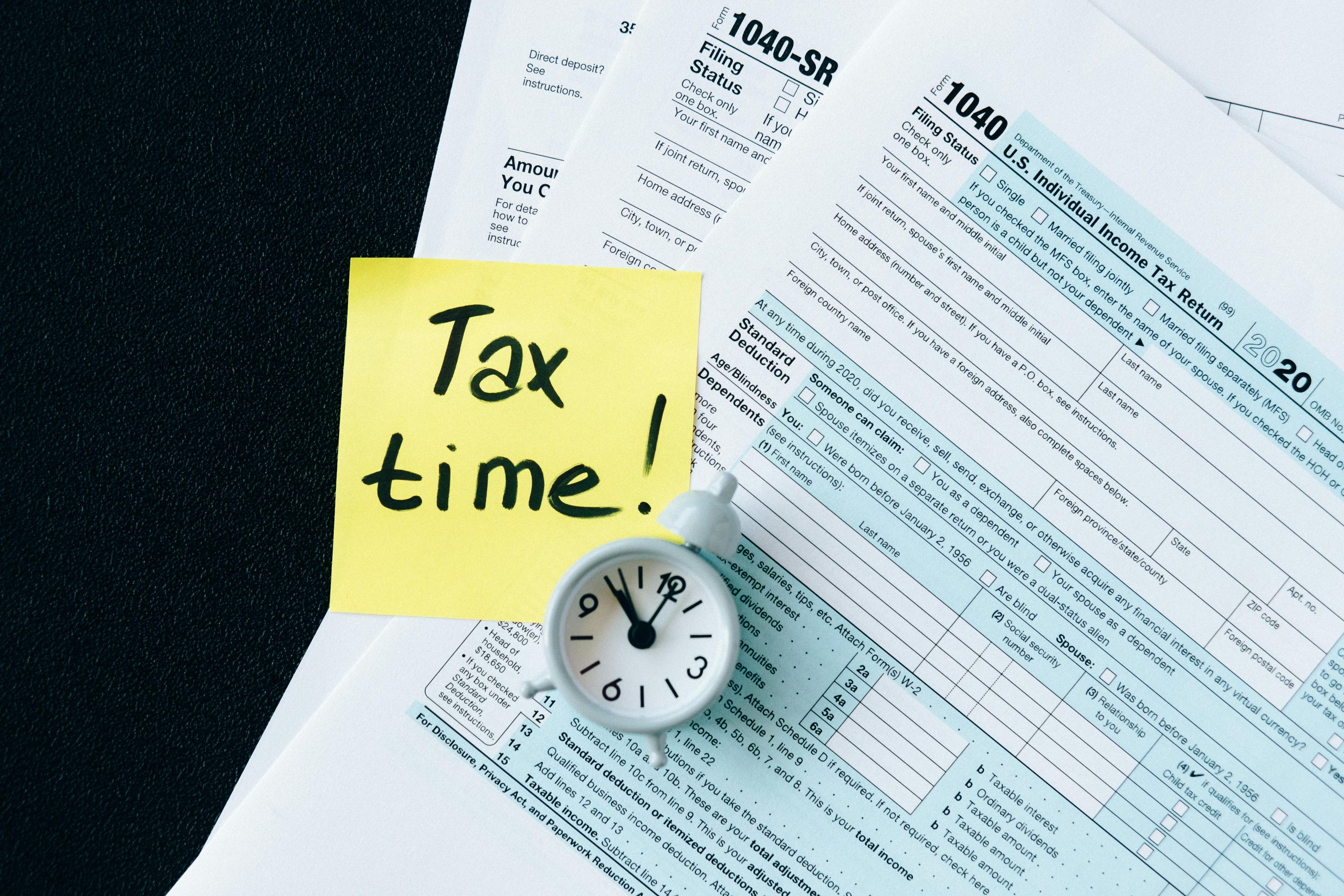EV Tax Incentives in 2025: What to Know
In recent years, the push towards sustainable transportation has led to a significant increase in the popularity of electric vehicles (EVs). Not only do EVs reduce our dependence on fossil fuels and lower carbon emissions, but they also offer significant savings on fuel costs and require less maintenance. To further incentivize the adoption of EVs, several governments worldwide have implemented tax incentives and rebates for EV owners. As we look towards the future, it is essential to understand the potential changes in EV tax incentives in 2025 and how they can impact prospective buyers. In this article, we will explore the current state of EV tax incentives and discuss what to expect in the coming years.
The Current Status of EV Tax Incentives
At present, EV tax incentives vary greatly across different countries and regions. In the United States, for example, the federal government offers a tax credit of up to $7,500 for the purchase of EVs. However, this credit is subject to a phase-out period once a manufacturer reaches 200,000 EV sales. This means that EVs from popular manufacturers like Tesla and GM are no longer eligible for the federal tax credit.
In addition to the federal incentive, many states also offer their own EV tax incentives. For example, California provides rebates of up to $7,000 for the purchase or lease of eligible EVs. Similarly, countries in Europe like Norway, Germany, and the Netherlands offer various tax exemptions, credits, and subsidies for EV owners.
Overall, these incentives have been vital in promoting the growth of the EV market. In the United States, for instance, EV sales have been steadily increasing, with 2020 recording a 39% year-over-year increase. However, with the global shift towards cleaner and more sustainable energy sources, it is crucial to understand how EV tax incentives may change in the future.
The Projection for EV Tax Incentives in 2025
By 2025, we can expect to see significant changes in EV tax incentives as countries and governments strive to meet their renewable energy targets. In the United States, for instance, President Biden’s ambitious plan to achieve a carbon-free power sector by 2035 includes offering new incentives and rebates for consumers looking to switch to EVs. This could include extending the federal tax credit and implementing a cash-for-clunkers program to incentivize trading in gas-powered cars for EVs.
Similarly, European countries are also making plans to increase their adoption of EVs. In the UK, for example, the government’s recent announcement to ban the sale of all new petrol and diesel cars by 2030 will undoubtedly lead to a surge in EV sales and potentially new tax incentives. Additionally, the European Union has set a goal to become climate neutral by 2050 and is looking at implementing new regulations and tax incentives for EVs as part of their Green Deal strategy.
What to Know Before Making an EV Purchase
With the projected changes in EV tax incentives, prospective buyers may be wondering what this means for their potential purchase. First and foremost, it is crucial to research and stay updated on any local, state, or federal incentives that may be available. The eligibility criteria for these incentives may shift in the coming years, so it is essential to do your due diligence before making a decision.
Additionally, it is essential to consider the overall cost of owning an EV, including maintenance and charging costs. Incentives may lower the initial purchase price, but it is essential to understand the long-term costs associated with owning an EV. Furthermore, the availability of charging stations and the range of an EV should also be taken into account.
The Bottom Line
As we move towards a future with cleaner and more sustainable transportation options, EV tax incentives will play a vital role in driving the adoption of electric vehicles. While the current state of incentives varies across different countries, we can expect to see significant changes and potential new incentives by 2025. Whether you are in the market for an EV or just curious about the future of sustainable transportation, staying informed and understanding the potential impact of these incentives is essential.
So, if you are considering purchasing an EV, keep an eye on the changing landscape of tax incentives and make an informed decision that is both environmentally and economically beneficial. With the right incentives in place, we can all do our part in moving towards a cleaner and greener future.










